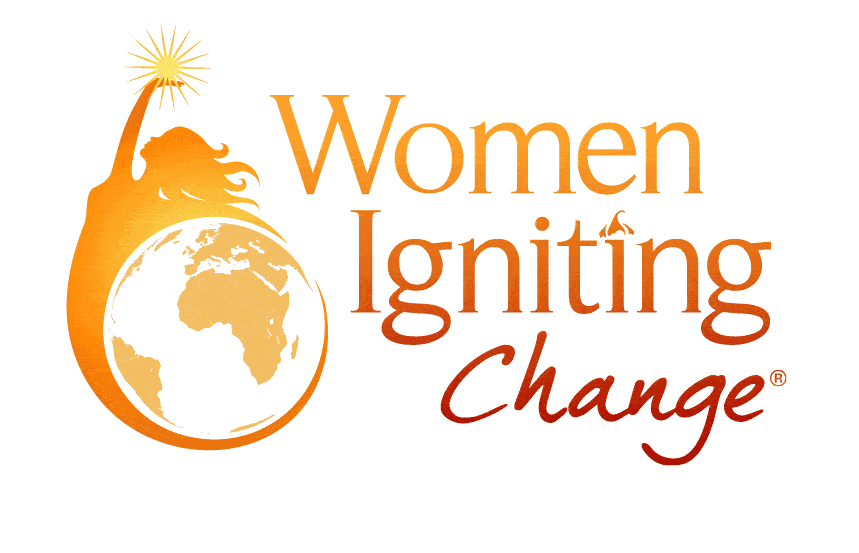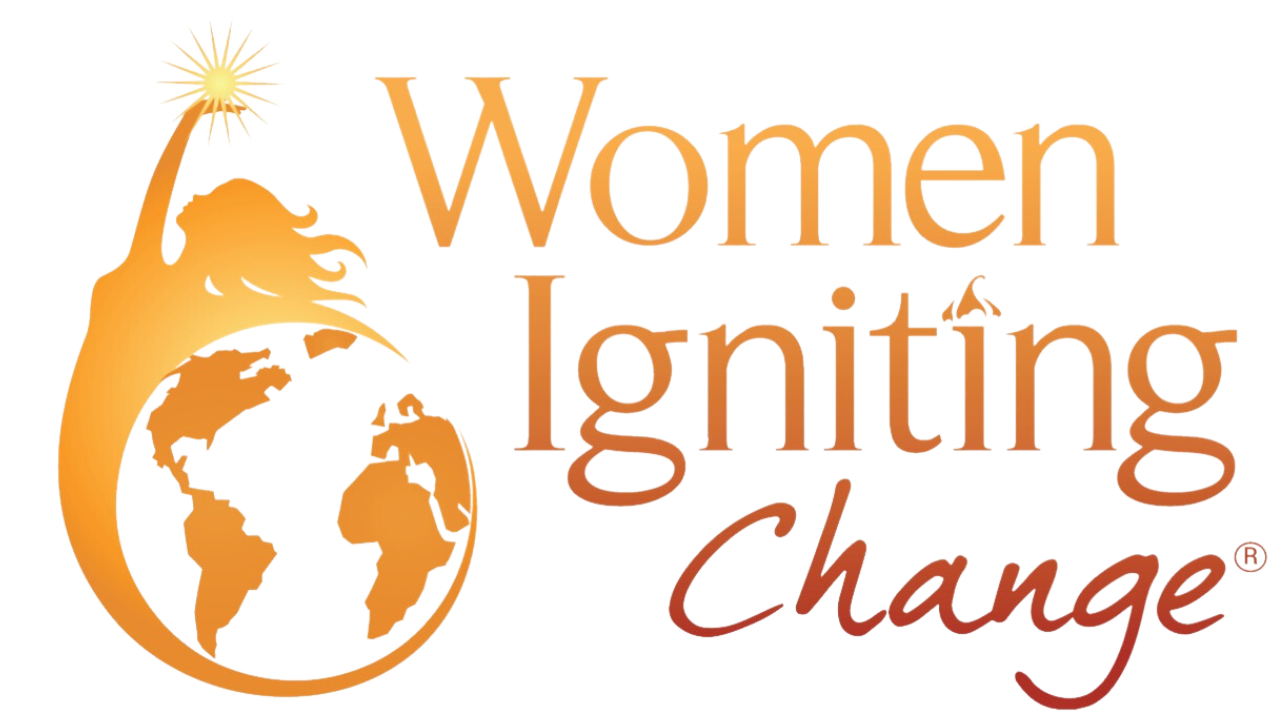Season 3, Ep 04: Beyond Business as Usual: Lorna Davis on B Corps and Social Impact
“Businesses should have a social conscience,” says Lorna Davis, former CEO of Danone North America and a fervent advocate for using business as a force for good. “They need to be held to account for their impact on the people and the planet whose resources they use.” On this episode of Women Igniting Change, Lorna recounts her eye-opening experience in China, which pivoted her career towards sustainability and social responsibility. This shift led her to champion the B Corp movement, where businesses commit to high standards of social and environmental performance, accountability, and transparency.
Lorna shares the challenges she faced while integrating Danone with WhiteWave, steering the newly formed conglomerate toward B Corp certification, and establishing a mission that encourages employees to pursue a purpose larger than their daily tasks. She shares insights from her TED Talk on collaborative and purpose-driven leadership, emphasizing the role of impactful work that leaves a legacy to be proud of.
By discussing practical steps that businesses can take—such as starting with a single unit and employing tools like the B Corp impact assessment to gauge their societal impact—this highlights the importance of local action and legislative influence in the regions where businesses operate. It also foresees the varied evolution of the B Corp movement across different geographies.
Lorna urges listeners to let their heartbreak fuel their actions towards meaningful change. Join today’s discussion to learn how you can contribute to a sustainable future and tackle the issues that resonate with you.
Quotes
- “I think much less about purpose than I used to just because I see that impact is not really up to me.” (09:29 | Lorna Davis)
- “The days of a corporation saying "It's not my business to get involved in the legislation in the jurisdiction in which I operate" are over. If you are in a territory in which you are using resources, you are paying taxes, and you are benefiting from the resources that you're using, you are responsible for influencing the legislation in that area.” (24:30 | Lorna Davis)
- “Collaboration allows so many things that you can't do while you're on your own. That's one area that I would really focus on.” (26:54 | Lorna Davis)
- “We did a big study of this in Union Square in New York City where you partner with the local council and work out how to actually solve this problem in real life. What that leads you to do is a whole lot of things. It leads you to make relationships with people you don't normally make relationships with. It leads you to do some trials and tests and to learn a whole lot of things that you didn't know before. Then, maybe you'll find a solution that's actually really useful for the planet. I just made one small example, but think as small as you possibly can for your first step.” (29:44 | Lorna Davis)
- “It's important for you to hang out with people who you want to be like and who challenge you. Because the thing about being in your own little frame is you can be really pleased with yourself.” (35:00 | Lorna Davis)
Connect with Lorna Davis
:https://www.linkedin.com/in/lorna-davis-3366ab14/
https://www.ted.com/talks/lorna_davis_a_guide_to_collaborative_leadership?language=en
https://www.bcorporation.net/en-us/
Connect with Robbin Jorgensen (She/Her):Website: https://womenignitingchange.com
LinkedIn: https://www.linkedin.com/company/women-igniting-change/
LinkedIn: https://www.linkedin.com/in/robbinjorgensen/
Facebook: https://www.facebook.com/robbin.jorgensen/




